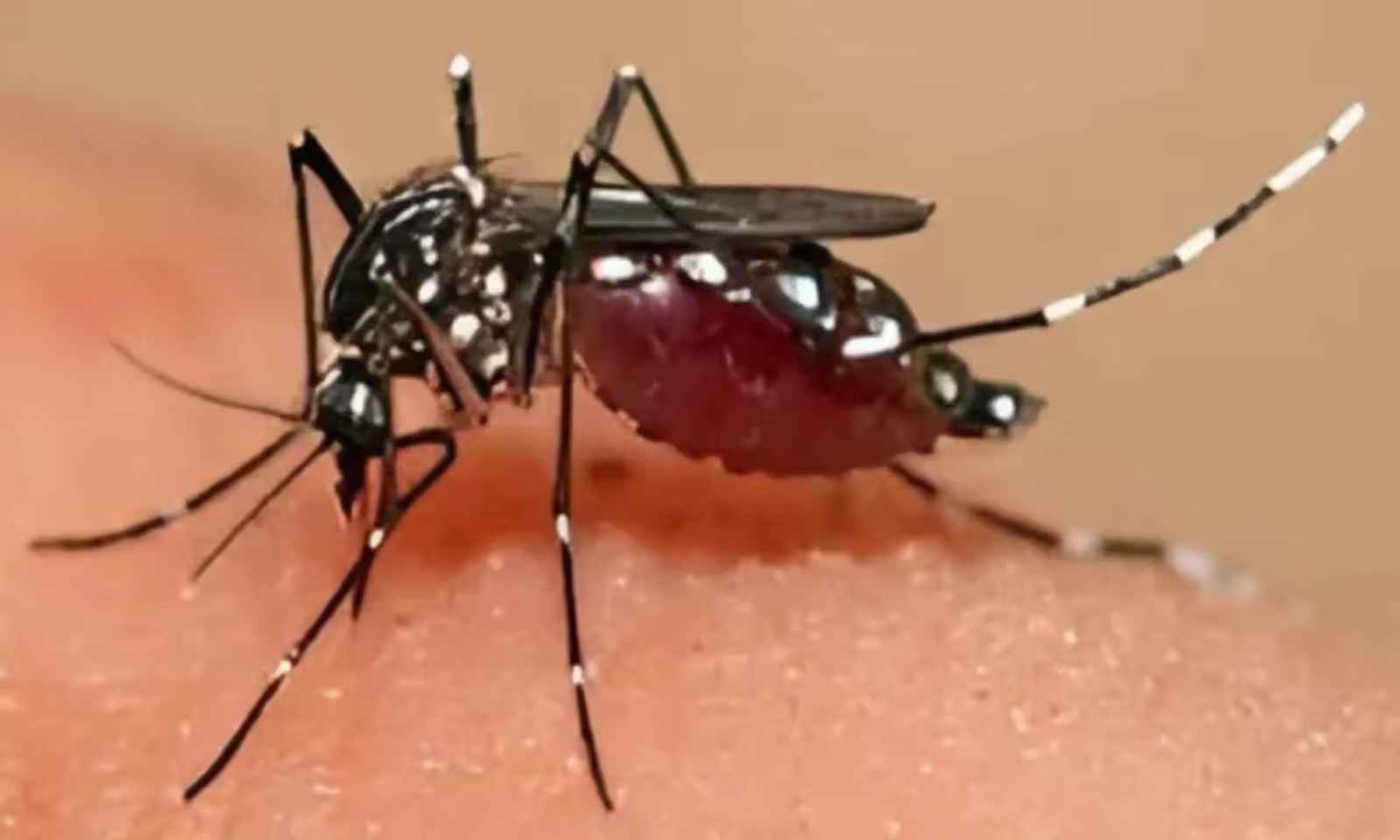

More than 150 Pasifika youth workers, sector leaders, and government representatives gathered in Māngere to celebrate the official launch of Pou Pasifika.
Photo/PMN News/Joseph Safiti
Pacific youth workers empowered through support, community and development
Pou Pasifika is a new national initiative co-designed by and for Pasifika youth development workers and practitioners.




Pacific champions eye place on football’s biggest Oceania stage

From development squad to World Series: Teenager earns Black Ferns Sevens contract


Palau opens doors to dialogue partners ahead of Pacific Islands Forum leaders meeting


Pacific champions eye place on football’s biggest Oceania stage

From development squad to World Series: Teenager earns Black Ferns Sevens contract
A young Pacific worker says the new initiative, Pou Pasifika, will help transform lives.
The initiative, launched in Māngere on Thursday, aims to support and uplift Pasifika youth workers in the workforce from Auckland, Wellington and Christchurch, providing them with a sense of community and identity.
“If you have the heart to serve, do it,” Ma’asi Heka from South Auckland says. “We always serve our aiga at home, so if we can serve there, we can serve our communities too.”
Heka is one of many youth workers who gathered in Māngere and says her commitment to this work is deeply personal.
“What inspired me to do this work was Chillion Sanerivi,” she says. “He was a massive youth mentor when I was back in high school.
“He made me feel valued, heard and seen, and just gaining a sense of belonging and purpose to want to serve is a massive thing within the Pasifika culture.
'It makes me feel more confident, more grounded'
Heka works with The Cause Collective.
She recounts the story of a young person from Manurewa who lost his mum at the age of 13.

Heka comes from the islands of Niue, Tonga and Sāmoa. Photo/PMN News/Joseph Safiti
“He dropped out of high school, and his father didn't know how to provide support.
“So he came into our doors at The Cause Collective and joined an initiative called Get Ready, Work Ready, where he was able to gain his driver's licence, first aid certificate, forklift licence, but also be able to enrol at Future Skills in a Level 2 kitchen course.”
Witnessing his transformation was immensely rewarding for Heka.
“Being able to see the change, but also the confidence in himself, but knowing that we did our job to fulfill his needs, but also to see his dad proud, and just seeing the moment that he achieved something, even though it was small or big, he still gained a sense of achievement.
“So he's currently looking for work, but just seeing him confident, but also thriving in what he wants to do in his future.”

There's an estimated 5000 Pasifika youth workers and practitioners across Aotearoa, including volunteers in churches, sports and recreation, and creative spaces. Photo/PMN News/Joseph Safiti
Heka believes initiatives like Pou Pasifika provide her and others with the confidence to continue their efforts.
“It makes me feel more confident, more grounded in the work that I do, but also feeling more supported. So not only honouring our Pasifika values, but also honouring the Te Ao Māori and being more grounded in that space.”
A sector built on service, not status
Gerardine Clifford-Lidstone, Chief Executive of the Ministry for Pacific Peoples, expresses her gratitude for the crucial role that youth workers play.
“When I walked in the room and saw how many of those really old school youth workers were there, it made me quite emotional.
“These are the people that do a lot of work, often tough work under a lot of financial constraints, but they're always innovating.”

Gerardine Clifford-Lidstone. Photo/PMN News/Joseph Safiti
Clifford-Lidstone says Pou Pasifika has been in development for years, aiming to create a “safe space” where Pacific youth workers can connect, grow, and build their national identity in a sector that often focuses on other cultural frameworks.
“The ministry’s role is to amplify what the community is already doing,” she says. “What we know is when you wrap support around something, it grows. Pou Pasifika is about incubating that potential.”
Focus on data, advocacy, and presence
At the policy level, Clifford-Lidstone says the ministry is focusing on two key areas: improving data and insights from a Pacific perspective and strengthening relationships with frontline workers to ensure that lived experiences inform systemic change.
“The data only tells us where the problem is. Meeting with the community tells us why people behave in the way to get that problem, so we need the two of them coming together.”
Watch Chillion Sanerivi's full interview below.
But Heka says she shares a concern that youth workers like herself rarely see political leaders engaging with them directly.
“My message to the Minister of Youth is to get involved in the work that we do. We don't really see much presence of our Minister, especially in the frontline work.”
With the upcoming Budget 2025, Clifford-Lidstone remains tight-lipped about funding specifics but emphasises the ongoing commitment to preserving space for Pacific work and communities.